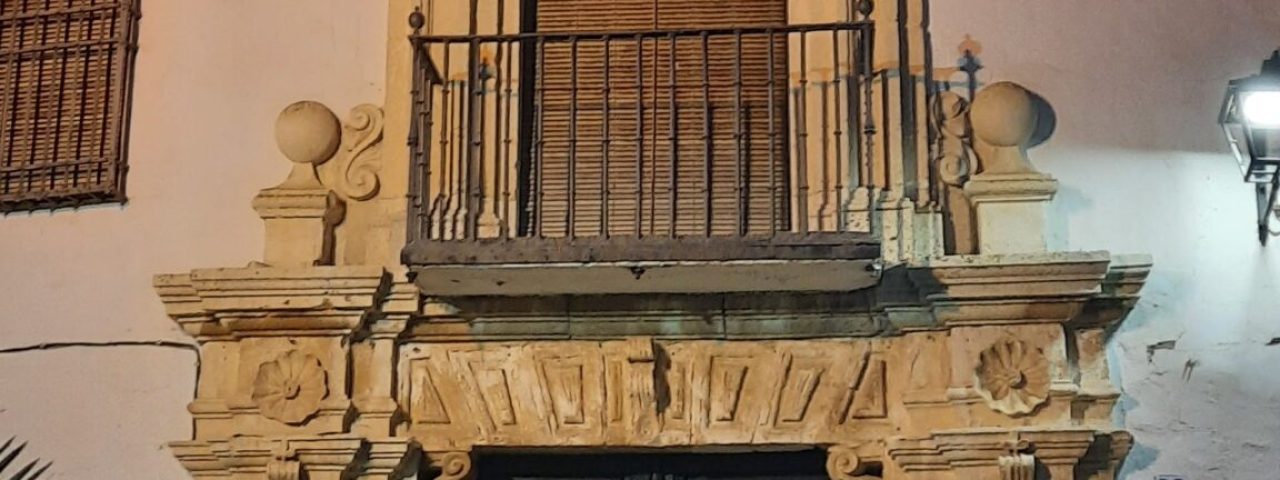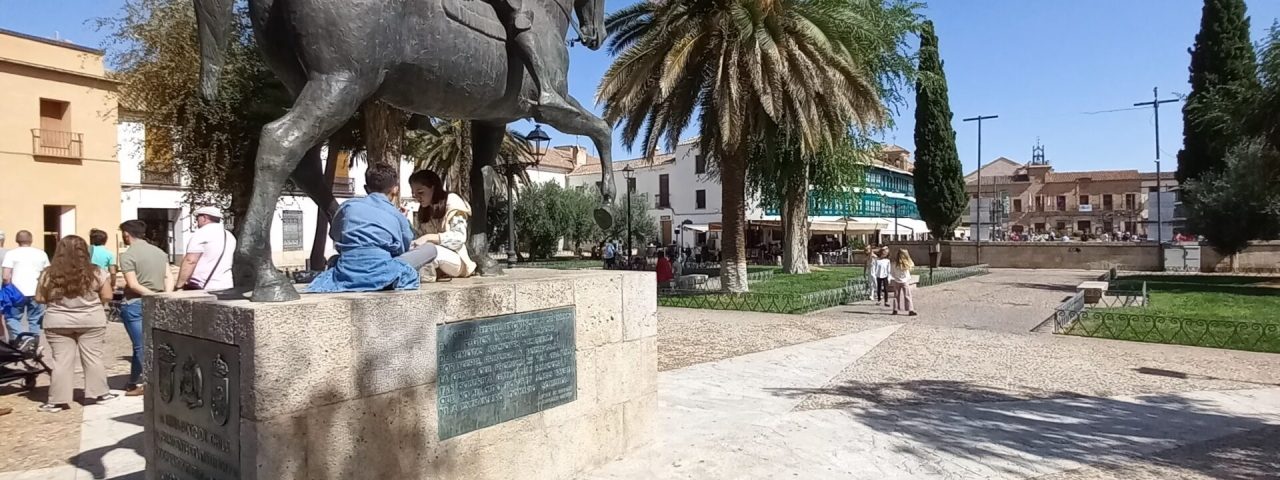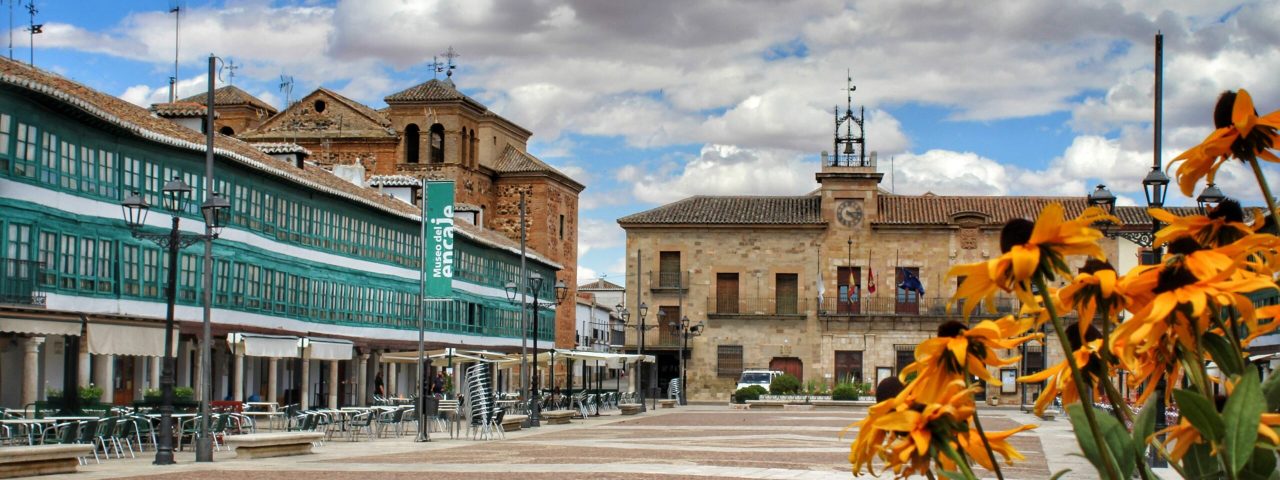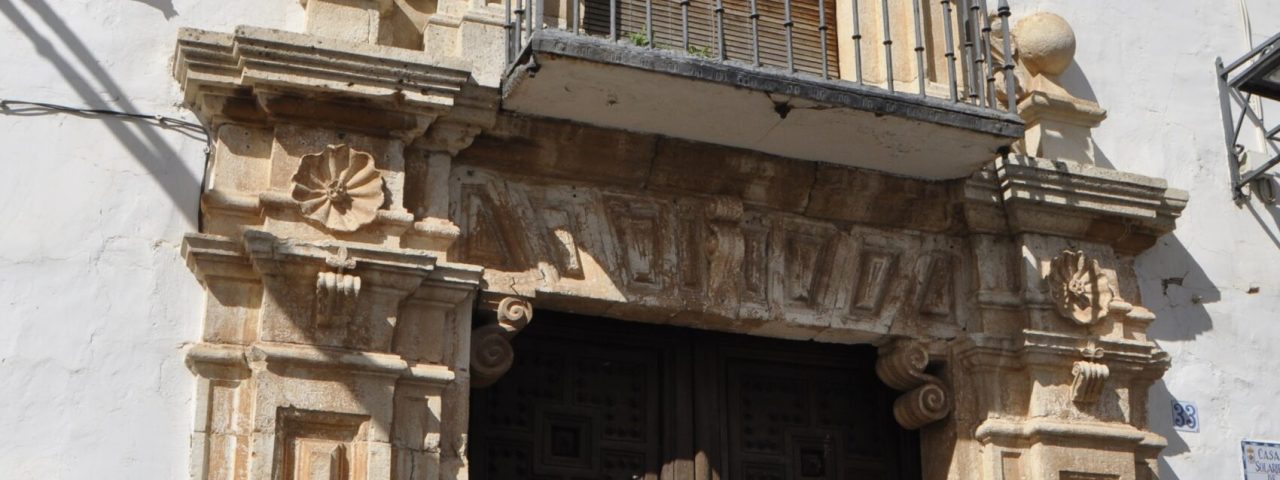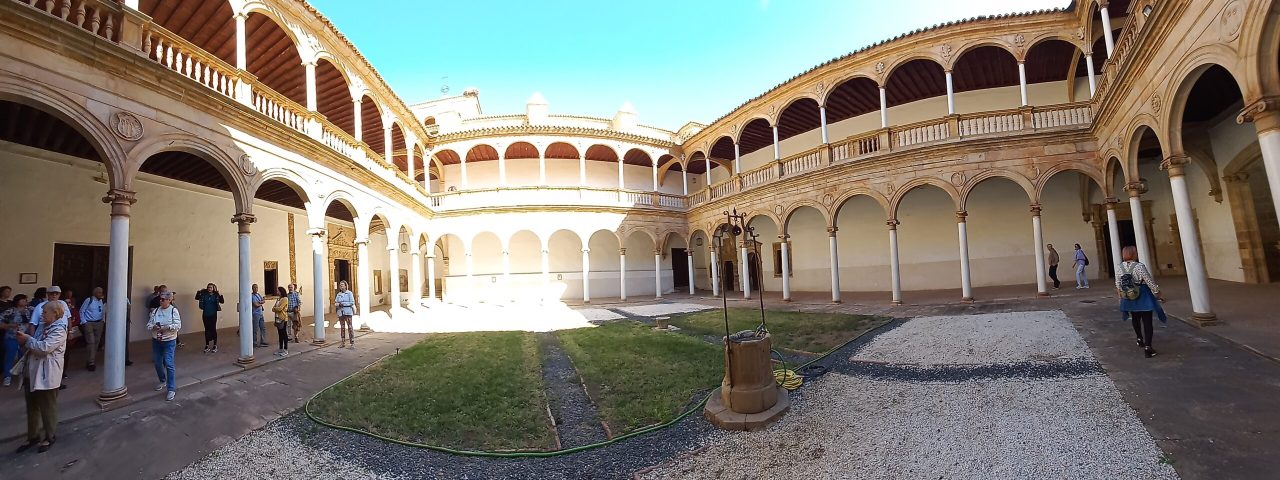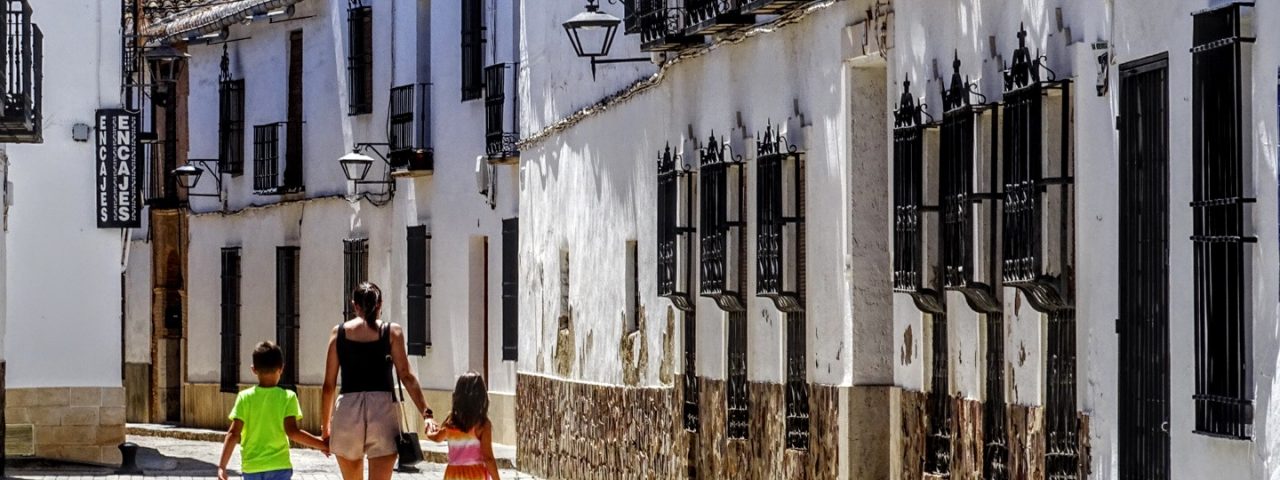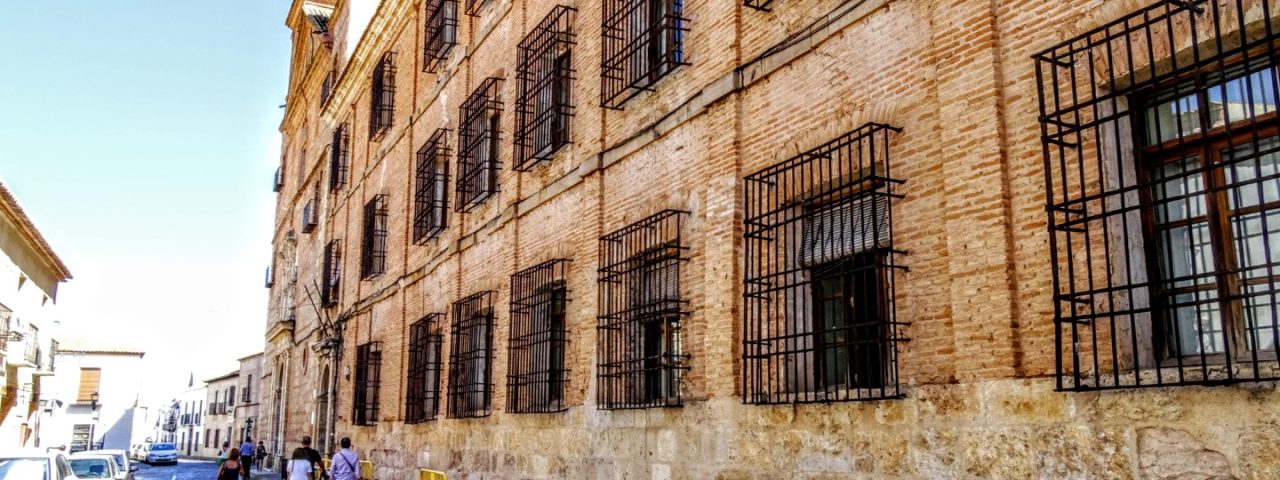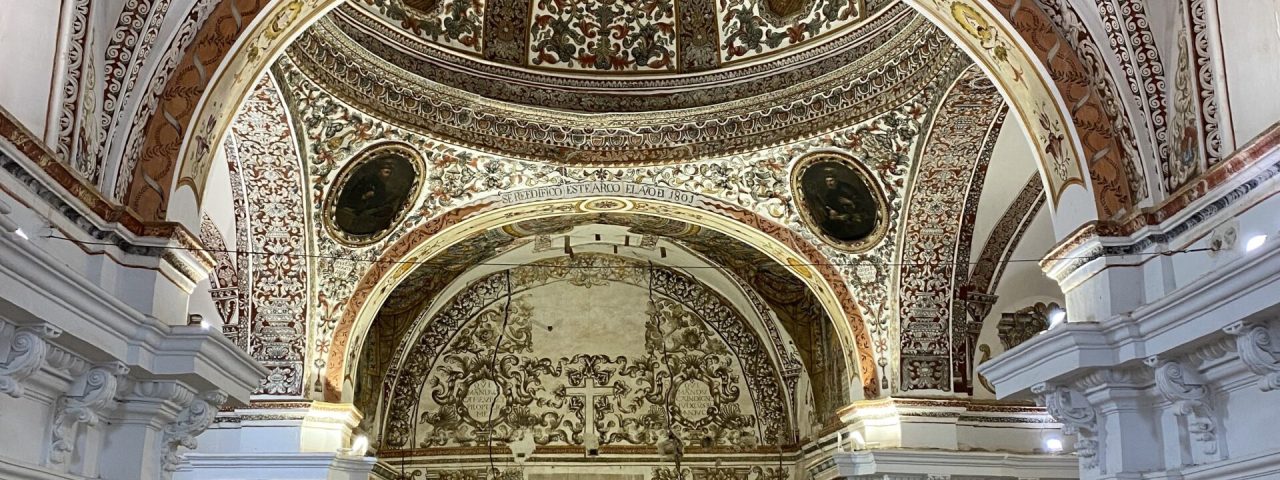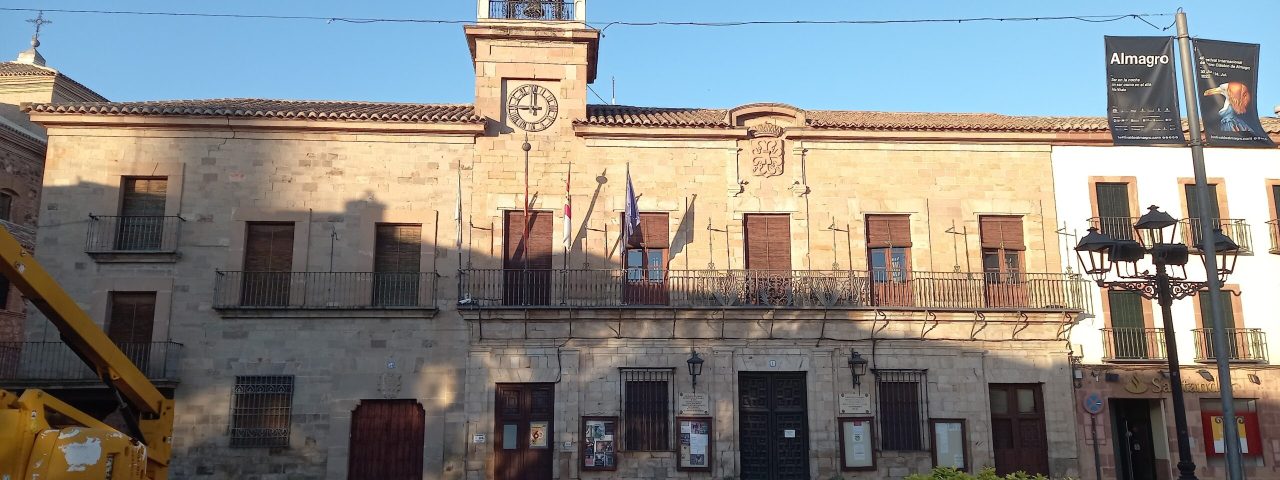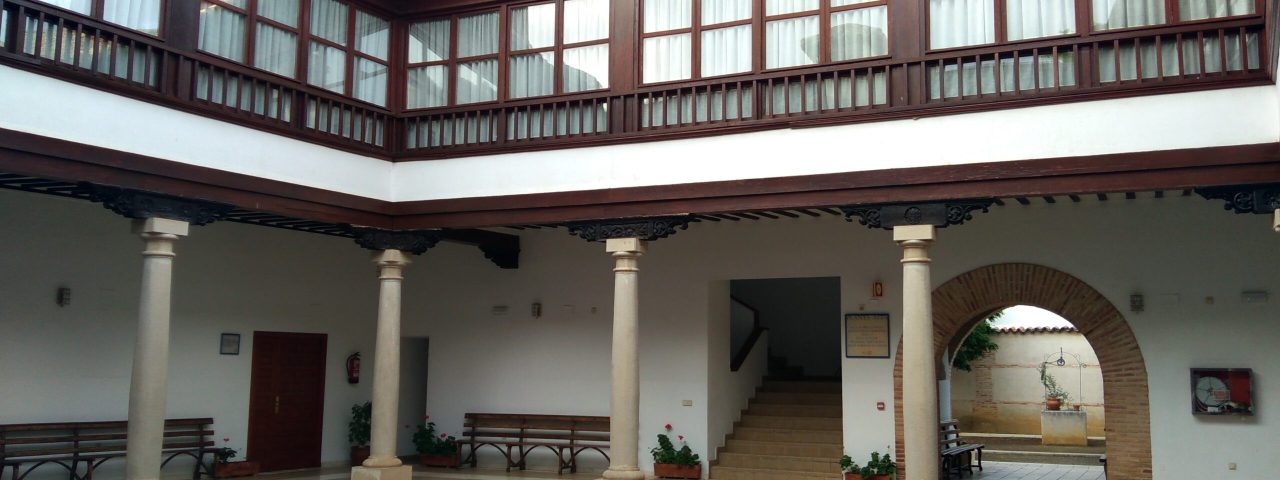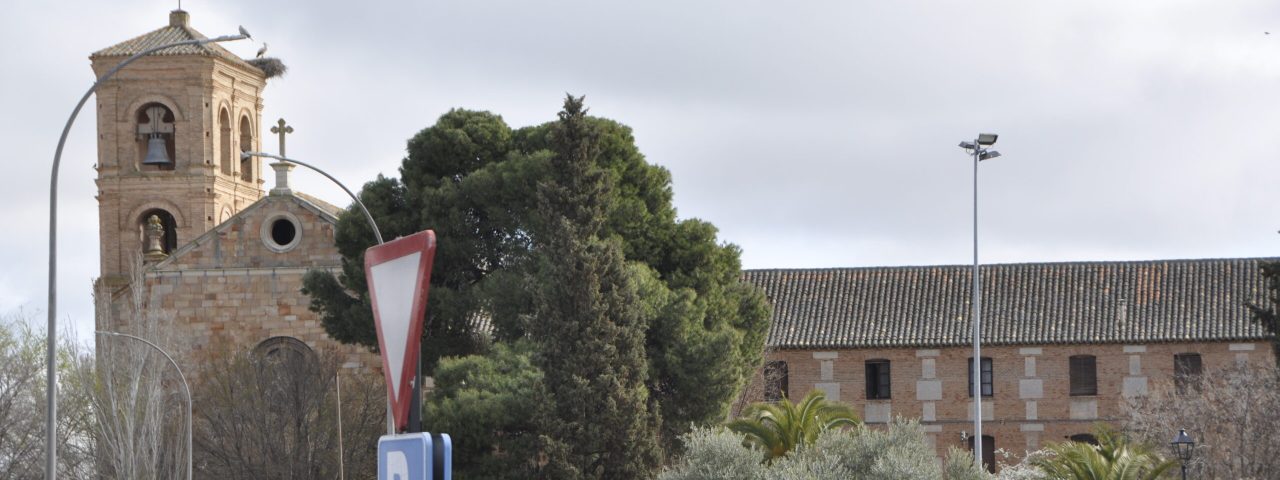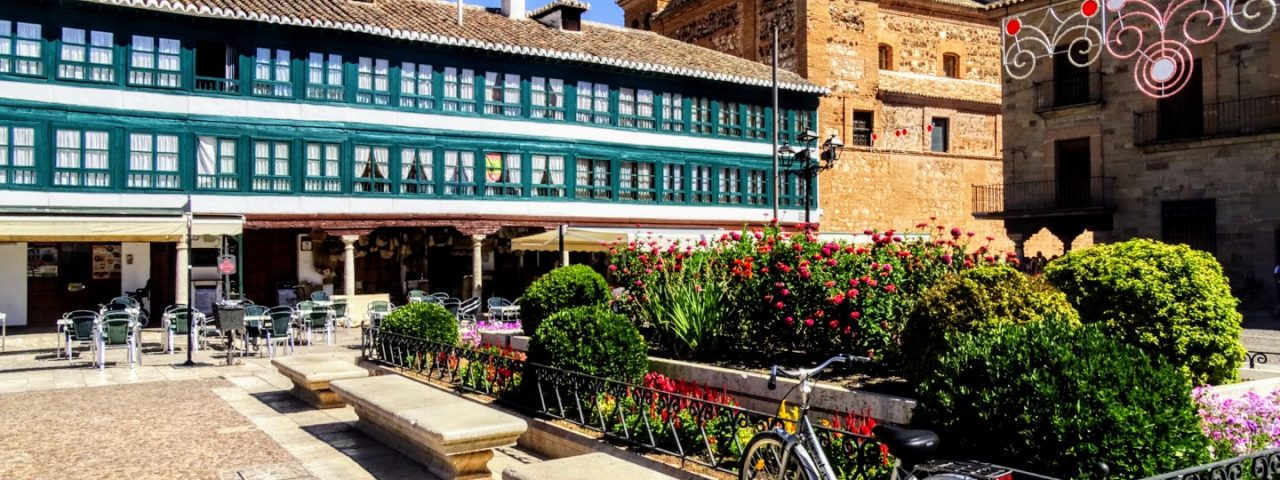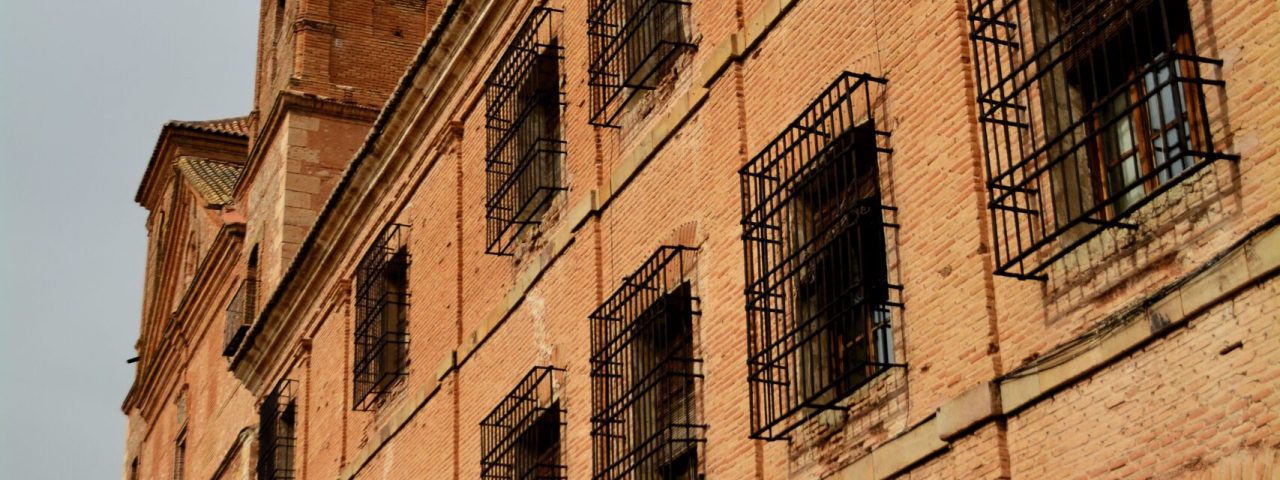Almagro’s history is deeply intertwined with the broader history of Castile-La Mancha and Spain. Its origins date back to the Roman period, though it gained prominence during the Middle Ages when it became a center of commerce and trade. The town flourished under the reign of the Order of Calatrava, a military order that established its headquarters in nearby Calatrava la Nueva. Almagro was a strategic site during the Reconquista and later developed into a hub of aristocratic and mercantile activity during the Spanish Golden Age.
Culturally, Almagro is synonymous with classical Spanish theater, thanks to its International Classical Theatre Festival, which has been held annually since 1978. The festival celebrates Spain’s literary and theatrical heritage, attracting artists and performers from around the globe. During this time, the town transforms into a vibrant cultural hub, with performances held in historic venues, such as the 17th-century Corral de Comedias, Spain’s oldest preserved theater.
Almagro is also known for its traditional festivals and customs, including Holy Week processions and local fairs like the “Feria de San Bartolomé.” These events provide visitors with a glimpse into the town’s deep-rooted traditions, often accompanied by music, dance, and parades.
